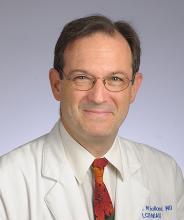Astute Clinician Lecture
The annual Astute Clinician Lecture was established in 1998 through a gift from the late Dr. Robert W. Miller and his wife, Haruko. It honors U.S. scientists who have observed unusual clinical occurrences and, by investigating them, have opened an important new avenue of research. The lectureship exemplifies how astute clinical observations can lead to innovative research. Speakers are proposed by members of the Medical Executive Committee (MEC) with voting for the top three candidates. Selection from this slate of candidates is made by the NIH Director.
This page was last updated on Wednesday, November 17, 2021








